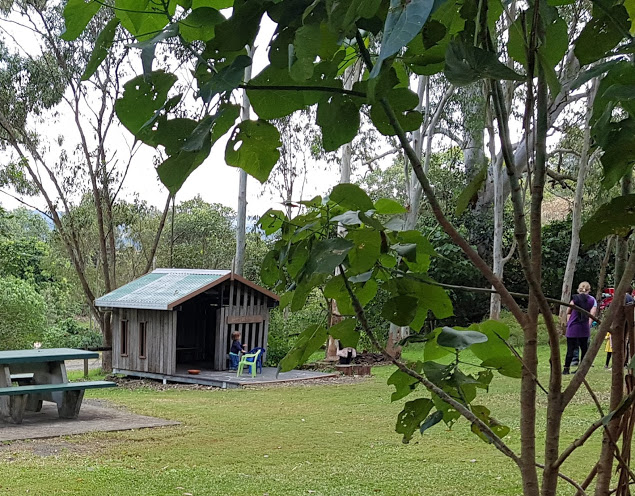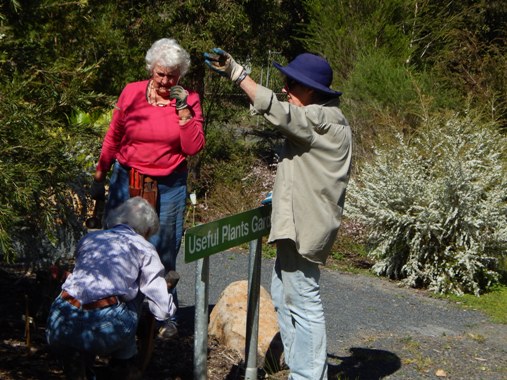Plant Biodiversity
On a recent episode of the ABC radio programme ‘First Bite’ the topic discussed was the importance of increasing the biodiversity of food plants throughout the world. At present less than a dozen flowering plants account for 80 per cent of our diet – a very narrow selection from the possible available food plants.
A group of international scientists who attended the Crop Wild Relative Genomics meeting in Asilomar, California in December 2012 published in a recent ‘Nature’ magazine. They feel that climate change, water and land shortages, soil degradation and an ever increasing population are all very real threats to Planet Earth’s ability to feed its people. In order to cope with the changing times, the future of a sufficient supply of food will have to involve a much more diverse group of food crops than are currently being used. The scientists argue that the key to obtaining that diversity is to open old seed vaults and refresh the gene pool with ancient and landrace species of edible plants.
‘Seed banks, which store a wide variety of plants, are a massively untapped resource for feeding an ever-expanding human population’, says Cornell University plant geneticist Susan McCouch. She and the other scientists called for a massive global effort to sequence the genomes of the potential food plants currently held in 1,700 seed banks across the world. ‘Gene banks hold hundreds of thousands of seeds and tissue culture materials collected from farmers’ fields and from wild, ancestral populations, providing the raw material that plant breeders need to create crops of the future,’ McCouch stated.
http://www.abc.net.au/radionational/programs/rnfirstbite/seeding-the-future/4823894

